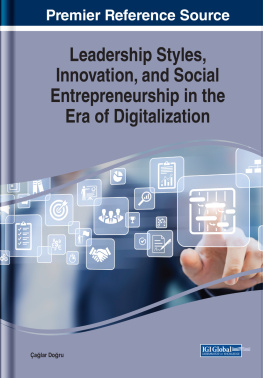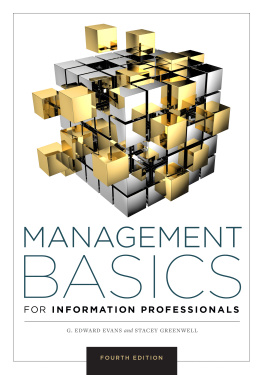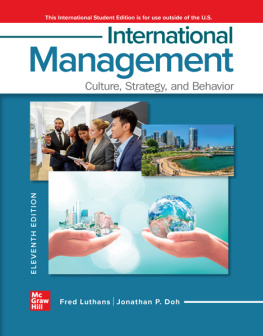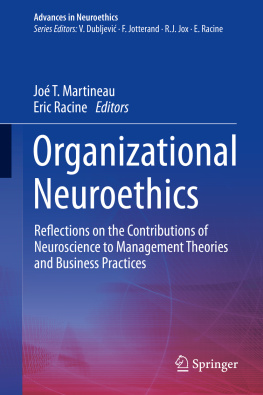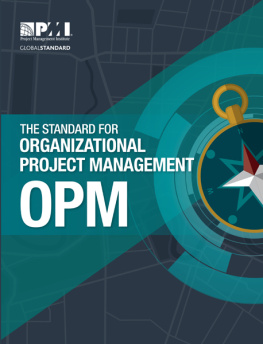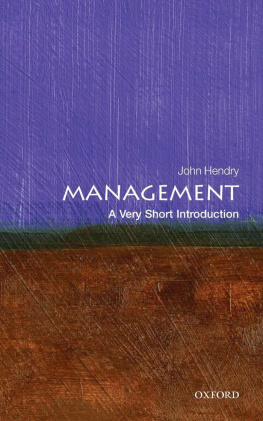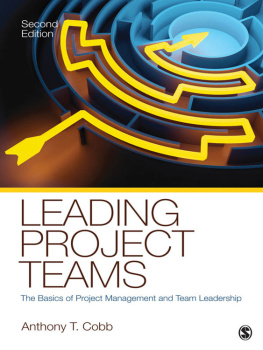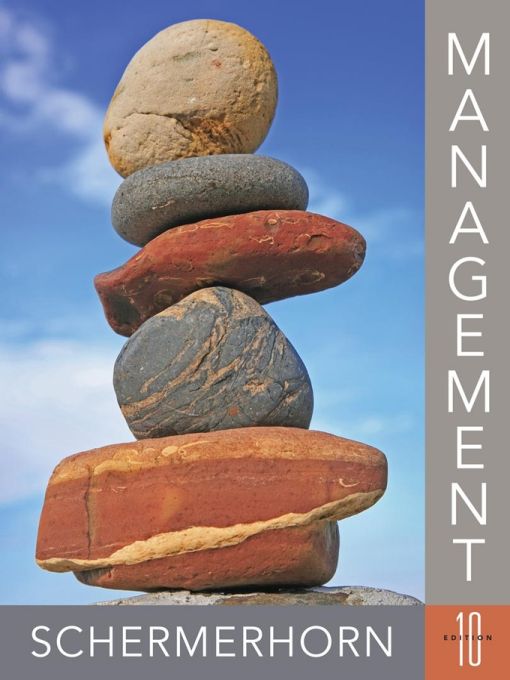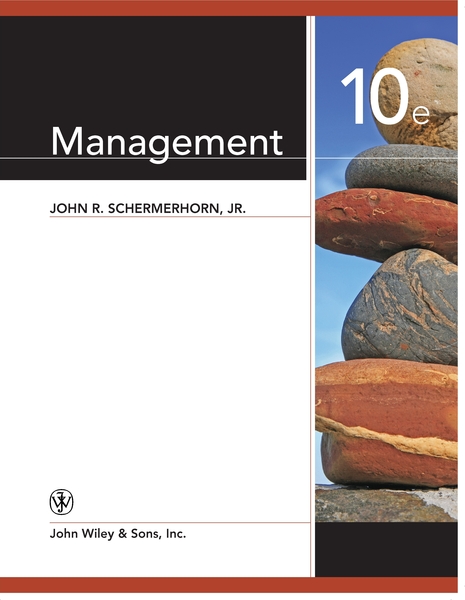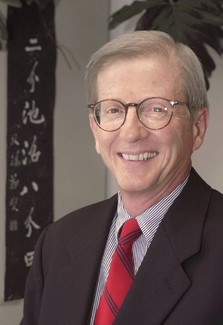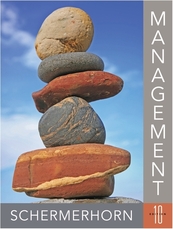Table of Contents
To my sons, John Christian and Charles Porter
While you played
I wrote.
But always,
I was listening
and loving
you.
1984
Its later now.
Dont worry.
Time
means love shared,
by you
and me.
1986
Think
of all the fun
we have.
Here, there, everywhere,
doing things
together.
1989
Home,
now and forever,
will always be
wherever
I can be
with you.
1992
Time
has its ways,
doesnt it?
Not enough,
not enough,
I often say.
1996
Hurry home
when you can.
Come laughing, sons.
Tell us
your
wonderful stories.
1999
Songs riding winds.
Mimi,
Uncle George,
Uncle Nelson.
Whispers and choirs.
Silence speaks.
2002
On the mountain,
by Irish lakes,
find beauty and
peace.
Fairies dance
there.
2004
Mom loves
us, cats
and rainy days.
Nana and Poppy
loved us
too.
2007
Bookstores, museums,
stories, paintings.
And dreams.
We travel,
we laugh,
joined in life.
2010
ABOUT THE AUTHOR
Dr. John R. Schermerhorn, Jr. is the Charles G. OBleness Professor of Management Emeritus in the College of Business at Ohio University, where he teaches graduate and undergraduate courses in management. Dr. Schermerhorn earned a Ph.D. in organizational behavior from Northwestern University, an MBA (with distinction) in management and international business from New York University, and a BS in business administration from the State University of New York at Buffalo. He previously taught at Tulane University, the University of Vermont, and Southern Illinois University at Carbon-dale, where he also served as head of the Department of Management and associate dean of the College of Business Administration.
Dr. Schermerhorn focuses on bridging the gap between the theory and practice of management in both the classroom and in his textbooks. Because of his instructional excellence and teaching innovations, Ohio University named Dr. Schermerhorn a University Professor. This is the universitys highest campus-wide honor for excellence in undergraduate teaching.
International experience also adds a unique global dimension to Dr. Schermerhorns teaching and textbooks. He holds an honorary doctorate from the University of Pcs in Hungary. He has served as a visiting professor of management at the Chinese University of Hong Kong, as on-site coordinator of the Ohio University MBA and Executive MBA programs in Malaysia, and as Kohei Miura visiting professor at Chubu University in Japan. Presently he is adjunct professor at the National University of Ireland at Galway, a member of the graduate faculty at Bangkok University in Thailand, and advisor to the Lao-American College in Vientiane, Laos.
An enthusiastic scholar, Dr. Schermerhorn is a member of the Academy of Management, where he served as chairperson of the Management Education and Development Division. Management educators and students alike know him as author of Exploring Management (Wiley, 2008), Management 9e (Wiley, 2008) and senior co-author of Organizational Behavior 10e (Wiley, 2009) and Core Concepts of Organizational Behavior (Wiley, 2004). Dr. Schermerhorn has also published numerous articles, including ones in the Academy of Management Journal, Academy of Management Review, Academy of Management Executive, Organizational Dynamics, Asia-Pacific Journal of Management, the Journal of Management Development, and the Journal of Management Education.
Dr. Schermerhorn is a popular guest speaker at colleges and universities. He is available for student lectures and classroom visits, as well as for faculty workshops on manuscript development, textbook writing, and instructional approaches and innovations.
PREFACE
From the beautiful cover of this book to the realities of organizations today, great accomplishments are very much inspired works of art. Whether one is talking about arranging stones or bringing together people and other resources in organizational systems, it is a balancing act. But the results can be absolutely spectacular when goals and talent combine to create a lasting and positive impact.
Just as artists find inspiration in all the senses that bring our world to life, managers find inspiration in daily experiences, from the insights of management scholars, through relationships with other people, and among the goals that guide organizations in service of an ever more demanding society. And like artists, managers must master challenges as they strive to create the future from the resources of the present.
We live at a time rich with the forces of cultural pluralism, globalization, high technology, economic stress and significant change. But just as a beautiful formation of natural stone can offer the beholder a mix of forms balanced together in a compelling masterpiece, so too does a well managed workplace build, mix, and integrate with great success the beauties of human talent and organizational understanding. This capacity for positive impact is the goal bound into the pages of Management 10e. It is an opportunity to gain knowledge, find inspiration, and engage practices that can prepare each of us to help build the organizations we need to forge a better world.
MANAGEMENT 10ePHILOSOPHY
Todays students are tomorrows leaders and managers. They are our hope for the future. And just as the workplace is rapidly changing, so too must our teaching and learning environments change from the comforts and successes of days gone by. Management educators must confidently move students forward on paths that, although at times uncertain and even troublesome, will be full of promise and great opportunities. New values and management approaches are appearing; the nature of work and organizations is changing; the age of information is a major force in our lives; and the intricacies of globalization are not only proving complex, they are presenting major organizational and economic challenges.
Our students, well prepared, can be leaders and major players in organizations during this time of continuing social transformation.


